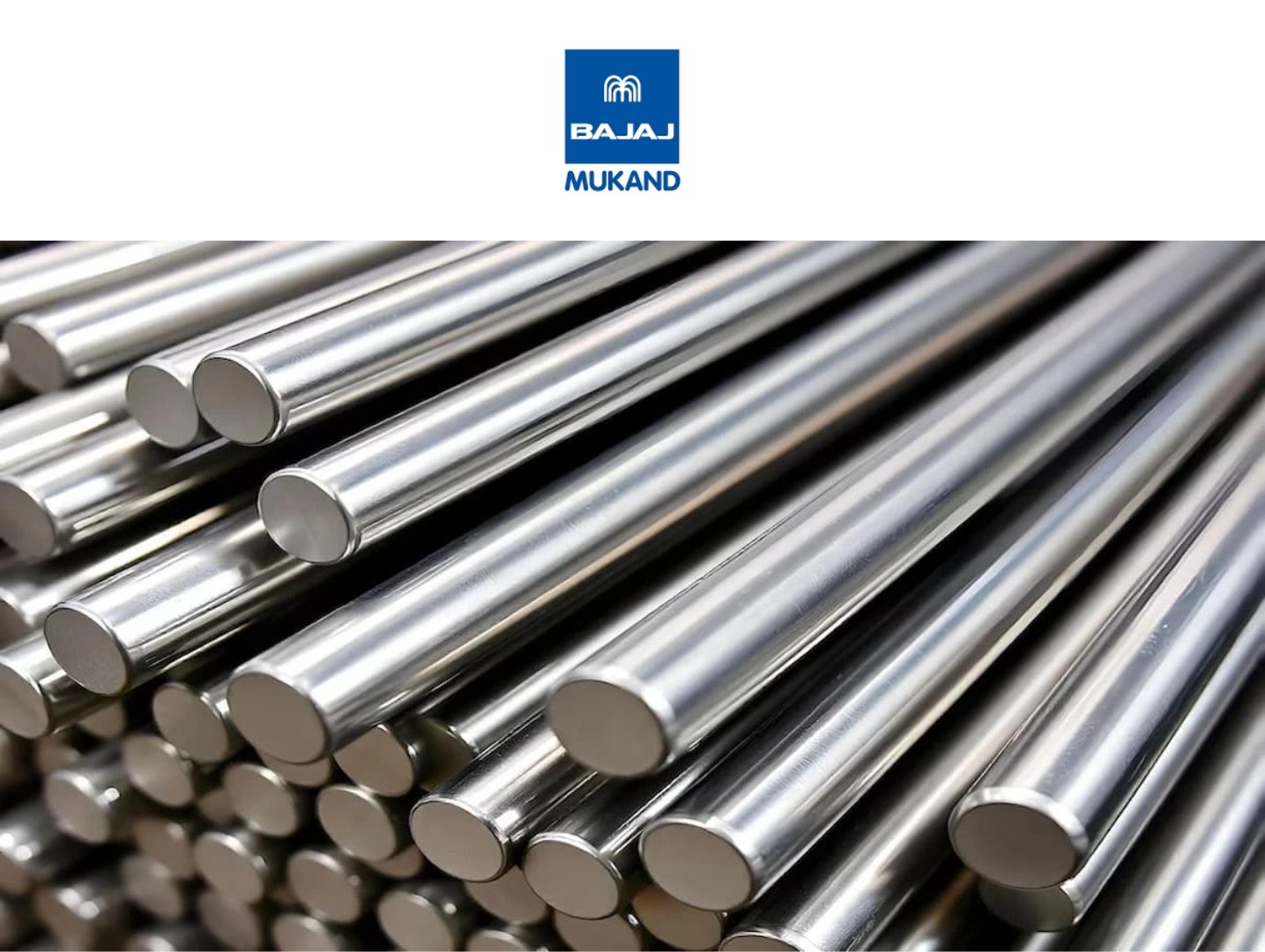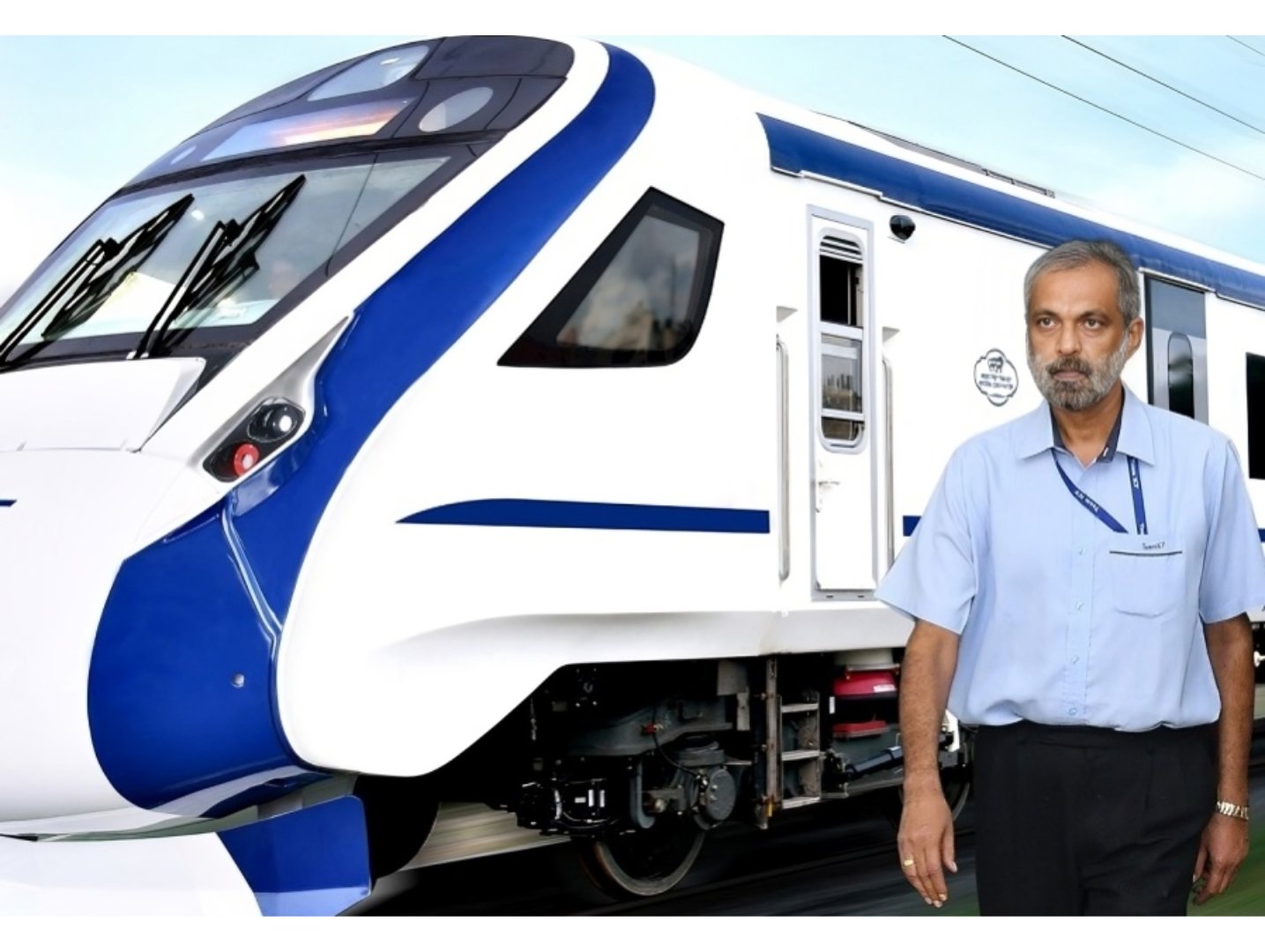Workforce skill development in stainless steel manufacturing

As automation and new technologies reshape stainless steel manufacturing, continuous training and skill development are essential to keep the workforce adaptable and competitive.
The stainless steel manufacturing industry is undergoing a rapid transformation driven by automation, digitalisation and advanced technologies. While these innovations have enhanced productivity, efficiency, and safety, they have also created a demand for a more skilled workforce capable of operating and maintaining sophisticated machinery, analysing data and ensuring the quality of production. In this evolving landscape, training and skill development have become critical to ensuring that workers remain effective, adaptable and future-ready.
The Impact of Automation on the Workforce
Automation in stainless steel manufacturing involves the use of robotics, automated machinery and advanced control systems to perform tasks that were once labour-intensive. Processes like melting, casting, rolling and finishing are now being optimised through the use of smart technologies, such as sensors and data analytics, that enable real-time monitoring and precise control. While automation reduces the need for manual labour in certain tasks, it has increased the demand for workers skilled in operating, maintaining and troubleshooting these automated systems.
In this new environment, traditional skills are no longer enough. Workers must now possess knowledge of mechanical systems, electrical engineering, data analysis and computer programming to manage automated equipment and digital systems. This shift requires companies to prioritise skill development programs that focus on both technical and digital skills.
Upskilling and reskilling: The key to workforce development
To keep pace with the technological advancements in stainless steel manufacturing, companies are investing in upskilling and reskilling initiatives. Upskilling focuses on improving the current workforce’s abilities in areas like advanced machinery operation, digital literacy and automation control. Reskilling, on the other hand, involves training employees to take on entirely new roles, such as data analysts, maintenance engineers for smart factories, or system integrators.
These training programmes are often conducted in collaboration with technical institutes, industry experts and equipment manufacturers.
On-the-job training is also essential, providing workers with hands-on experience in operating new technology under the guidance of skilled mentors. This approach ensures that employees are not only theoretically prepared but also practically capable of handling new challenges.
The role of digital literacy and data analytics
As stainless steel manufacturing becomes more data-driven, digital literacy is emerging as a crucial skill. Workers must be able to interact with automated systems that generate vast amounts of data on production efficiency, energy consumption and equipment performance. Having the skills to interpret and act on this data allows workers to make informed decisions, optimise processes and prevent costly downtime.
Data analytics, in particular, is becoming an indispensable tool for improving operational efficiency. Companies are now looking for employees who can analyse data patterns and apply predictive maintenance techniques to prevent equipment failures. Developing proficiency in these areas not only enhances productivity but also helps reduce energy consumption and operational costs.
Adapting to Industry 4.0
The advent of Industry 4.0 technologies like the Internet of Things (IoT), artificial intelligence (AI) and machine learning is further reshaping the stainless steel manufacturing landscape. Workers will need continuous training to stay ahead of the curve, as these technologies demand a deeper understanding of interconnected systems, cybersecurity and cloud-based operations.
Forward-thinking companies are adopting a proactive approach to workforce development by offering regular training programmes, workshops and certification courses. Additionally, fostering a culture of lifelong learning encourages employees to take ownership of their career growth, ensuring they remain competitive in the industry.
As automation and new technologies continue to evolve, workforce skill development is more critical than ever in the stainless steel manufacturing industry. By investing in upskilling, reskilling and digital literacy programmes, manufacturers can ensure that their employees are equipped to meet the demands of modern production systems. This approach not only enhances productivity but also helps future-proof the workforce in an increasingly automated and data-driven world.










